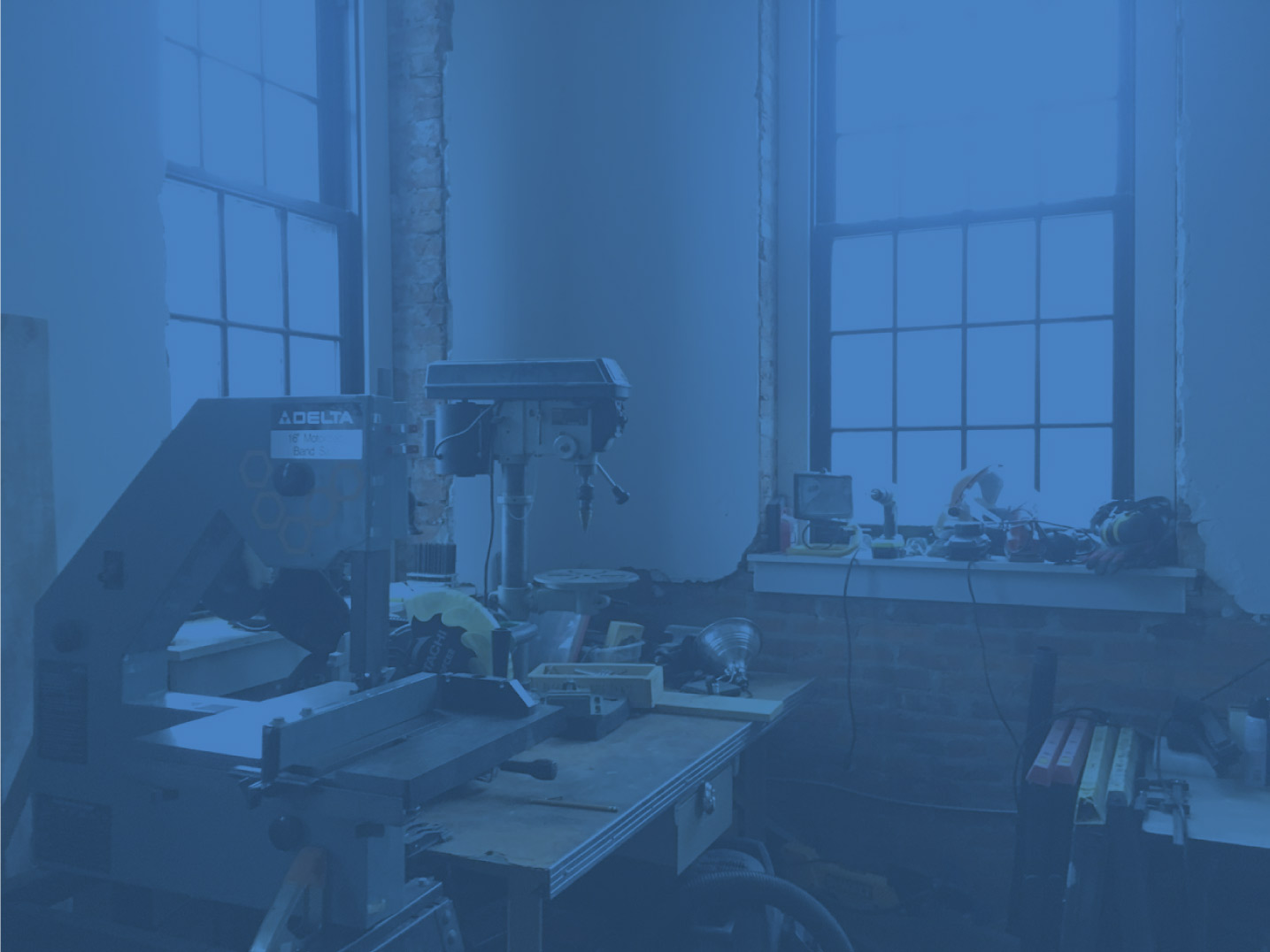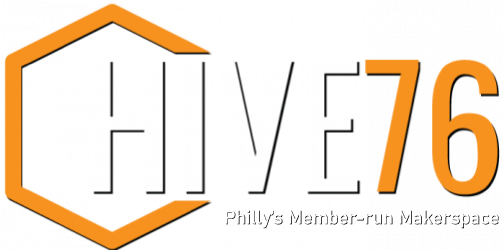
Hot on the heels of their wildly successful Build My Lab contest (still 5 days left to enter!!), our friends at Tekla Labs are putting together another breakthrough event to unite DIYers and the science community (NOTE: These events are happening in Berkeley, CA).
Julea Vlassakis writes:
The Point of Care Diagnostics IdeaLab, Tekla Labs, and the Center for Emerging and Neglected Diseases is excited to announce a series of coordinated events to promote global health design and innovation.
January 9, 2014 Diagnostics by Design: A Workshop on the design, development, and implementation of Global Health Technologies (details/registration here)
January 10, 2014 The 6th Annual CEND Symposium. Academia and the Global Health Pipeline: Basic Science Innovation and Translation (register here)
January 11-12, 2014 Diagnostics by Design: A Hack Day for Global Health (register here)
The Diagnostics by Design workshop is an interdisciplinary forum for discussing the challenges and lessons learned in developing and implementing global health technologies, specifically at the point of care. Through interactive talks, a panel discussion with experts from industry and academia, and a hands-on build session, we will explore the challenges associated with translating technologies beyond the lab. This workshop will draw on the expertise and experience of individuals from across disciplines to explore collaborative solutions to global health issues. The workshop will feature Columbia Professor and mChip inventor Samuel Sia as the keynote speaker. See our eventbrite page for a full list of speakers and panelists and for registration.
The Diagnostics by Design hackathon is an interdisciplinary effort to bridge the gap between makers and do-it-yourself innovators and the sphere of global health. The event is posed as a challenge to participants: with minimal materials or through innovative coding, tackle a technological or informatic need in the space of point-of-care diagnostics. These can range from generating DIY lab equipment alternatives for medical clinics with limited resources, informatics for disease monitoring, or redesign of diagnostic tools for resource-limited settings. Attendees will be given a kit with some materials and have access to 3D printers, laser cutters, mills and more. Visit our eventbrite page for more details and to register.










